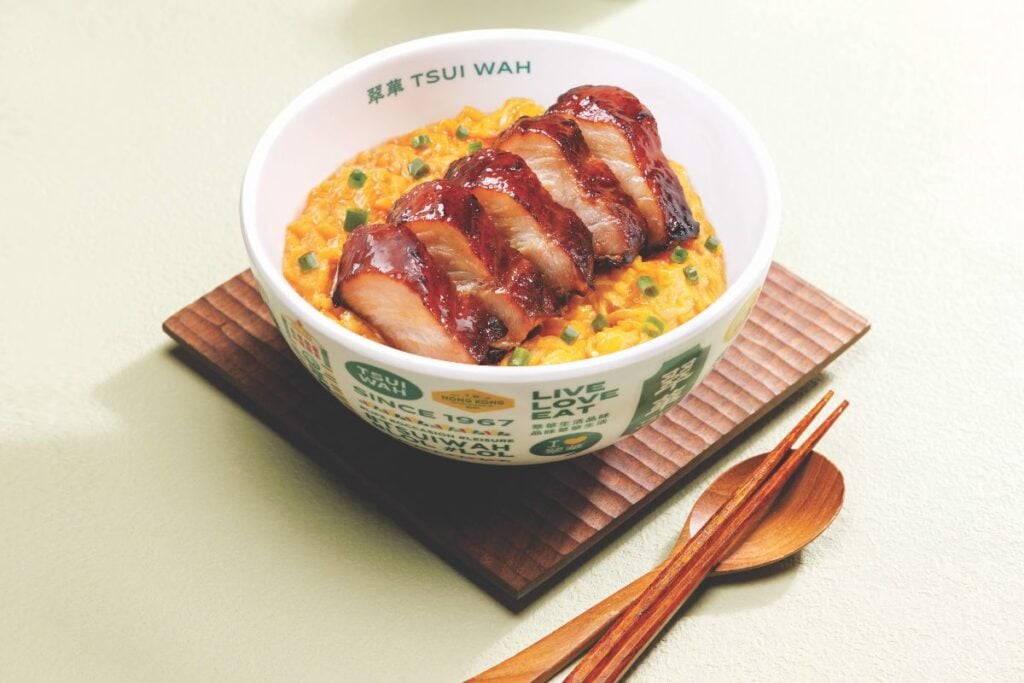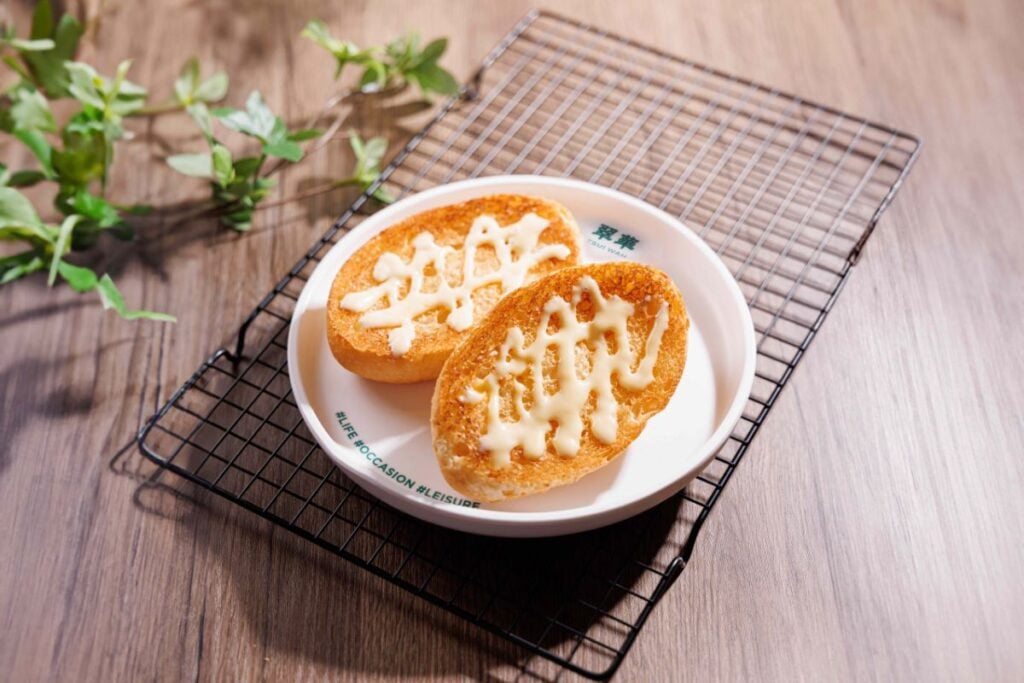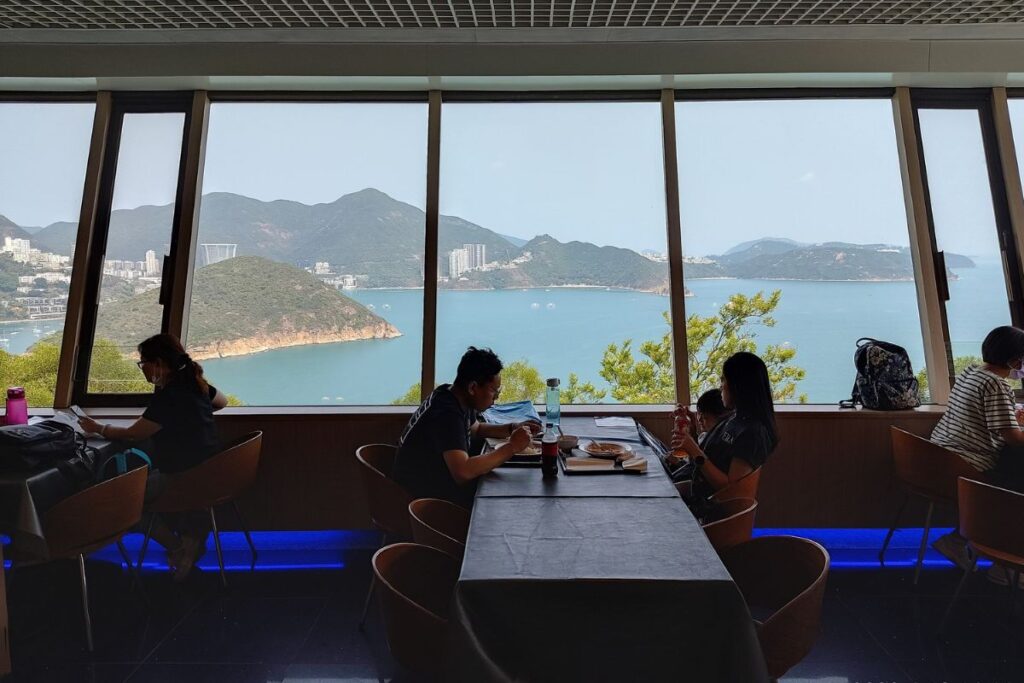The headlines have not painted the rosiest picture of Hong Kong’s golden comeback plotted in the early 2020s.
The city’s re-opening to the world’s tourists and businesses in the spring of 2023 was expected to be a grand affair, but largely stayed muted with external pressures affecting a pickup, be that geopolitics, outbound tourism, or the allure of Shenzhen.
Yet, amidst the doom and gloom and panic of Hong Kong’s survival, future signs point to a financially healthier Hong Kong, most notably within the hospitality industry, a temperature probe for the city’s business outlook and soul. Optimism, a typically hard thing to source, can be found.
Kai Tak Stadium opened in spring 2025 with masses of Asian and Western tourists visiting Hong Kong for sports events and concerts, a wealth of Japanese, Chinese, and Korean food businesses have opened up shop in the city, and Hong Kong’s bar industry leaders point to a steady, and thriving, drinks business.
Where confidence is concerned, Sonia Tai, head of business at Maxim’s Cakes, is bullish of Hong Kong’s recovery and success when navigating the future by not relying on former strategies, but innovating.

Operating more than 140 locations for Maxim’s Cakes across Hong Kong, Sonia states “innovation” is a key driver for retaining their large customer base and driving sales in the city.
“Every month, we launch at least six to eight new products at our bakeries, like new bread recipes, cakes, desserts, and pastries, to keep consumption up when business is down in Hong Kong,” Sonia tells Foodie.
“In the first half of 2025, we successfully launched our Dubai Chocolate Pistachio Cake that costs less than HKD200. Not only was this a very quality and trendy product, but it offered value for money for consumers. Hong Kong customers might not be spending as much as before, but they are becoming very smart about their spending.”
Whilst optimistic about the market, the business leader at one of Hong Kong’s largest restaurant groups insists a friendly touch and a key product identity go a long way for business success.
“Even though the economy is not doing very well in Hong Kong, Maxim’s is serving local people an everyday product. Our shopkeepers always remember our customers’ family members, their grandchildren’s names, what they do for work, study, travel.”

“With consumption at Maxim’s Cakes, people still need to have breakfast, birthday cakes for celebrations, and pastries after dinner.”
Maxim’s Cake’s, similarly with hundreds of Hong Kong’s pastry stores, “will continue to be a value-for-money choice for customers,” Sonia states.
In a battle to succeed when Hong Kong’s economy is facing external challenges abroad and over the border, another local Hong Kong restaurant group, Tsui Wah Group, is returning to basics, and the past, to earn the trust and business of Hong Kong diners.
TY Ho, marketing and public relations officer of Tsui Wah Group, recognises that whilst consumer spending is down in Hong Kong and largely Asia, he points to the city’s burgeoning concert and sports economy at Kai Tak Stadium that has increased spending across the 41 branch locations for the Tsui Wah restaurant chain.
“We have started to have hope for a tourism recovery in Hong Kong as more tourists are visiting Hong Kong and our restaurants,” TY says.

A sign of changing times for the 48-year-old brand came with the reopening of their Lan Kwai Fong location, updated with a modern interior and colour palette that appears closer to a wine bar than cha chaan teng.
Previously focusing on old Hong Kong motifs with their design, “our new Central restaurant is designed to attract a younger dining crowd to understand Hong Kong culture in a place that pops. This is our new IP culture for Tsui Wah.”
This redesign is also reflected online with the introduction of a green-haired Tsui Wah mascot to champion old and new cha chaan teng dishes for both the local Hong Konger and international tourist. The brand identity in its entirety embraces a modern touch that has become a hit with local diners in the past two years.
Tsui Wah Group have implemented new service and training standards to improve customer experience at their restaurants, a bid to lure back residents venturing north of the border to dine in Shenzhen.
TY has noted the pickup of business across the chain in Hong Kong as more customers see Tsui Wah as a brand important for reflecting the essence of Cantonese cuisine.

“We have introduced self-service and self-payment options at our restaurants, similarly with mainland China and Macau, to bring Hong Kong into the same standard, whilst focussing on creating a more friendly and comfortable environment for our customers with regular service training.”
Technology, for some industry figures, has been seen as a way to alleviate the pressures facing restaurants in facilitating reservations and consolidating diner information to better provide service.
As co-founder of Bistrochat, a leading restaurant reservation service in Hong Kong, Singapore, Thailand, and Cambodia, Hacene Taibi’s platform consolidates bookings from OpenRice, Google, Instagram, and WhatsApp allowing restaurants to best prepare for reservations.
“Our technology is of great help to restaurants by automating a lot of processes that are done manually, reducing the number of people needed to work in a restaurant and increasing profitability,” Hacene says.
With manpower waning in the city to effectively support staffing at restaurants, he finds Bistrochat as a key player in creating balance in the industry. “Hopefully, we are part of the solution to address the shortage of manpower for the F&B [industry].”

Already operating in more than 1,000 restaurants across Hong Kong, Hacene notes of Hong Kong’s increasing integration in the Greater Bay Area as a key marker for recovery in the restaurant business. “More tourists from mainland China are visiting with more monetary exchanges with their payment systems becoming more integrated in our restaurants and transportation.”
Ultimately, as Sonia and TY find, Hacene points to larger trends the region is facing with consumption habits and tourism behaviour changing across the board, not just Hong Kong.
“I think when the economy [in Asia] improves, Hong Kong will do amazingly. It is a city that is here for business, for output. Hong Kong never quits. We wake up, we work hard, and I think this will pay off.”

